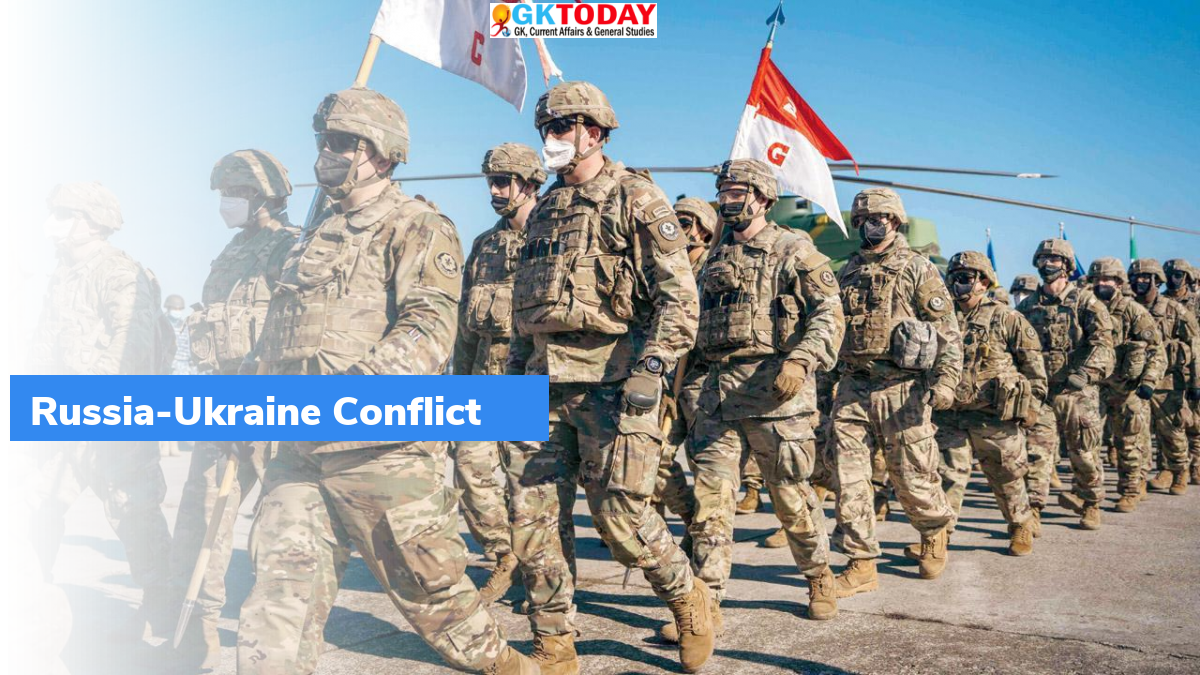International Criminal Court
On March 17, 2023, the International Criminal Court (ICC) issued arrest warrants against Russian President Vladimir Putin and Russia’s Commissioner for Child Rights, Maria Lvova-Belova, for the alleged war crime of unlawfully deporting and transferring children from occupied areas of Ukraine to the Russian Federation. This move has been made under articles 8(2)(a)(vii) and 8(2)(b)(viii) of the Rome Statute, which relate to the direct or indirect transfer of an occupying power’s own civilian population into occupied territory or the deportation or transfer of the population of the occupied territory within or outside its territory.
Why Did the ICC Issue Arrest Warrants?
The ICC issued arrest warrants against Putin and Belova because they are allegedly responsible for unlawfully deporting and transferring children from Russian-occupied areas of Ukraine to the Russian Federation. The ICC believes that Putin bears individual criminal responsibility for these crimes and has reasonable grounds to believe that he committed the acts directly, jointly with others, and/or through others under article 25(3)(a) of the Rome Statute. The ICC has also accused Putin of failing to exercise control properly over civilian and military subordinates under his effective authority, committing or allowing the commission of such acts under article 28(b) of the Rome Statute.
What is the ICC?
The ICC is headquartered in The Hague, Netherlands, and was established under the 1998 treaty called the “Rome Statute.” It investigates and, where warranted, tries individuals charged with the gravest crimes of concern to the international community, including genocide, war crimes, crimes against humanity, and the crime of aggression. Presently, 123 countries are party to the Rome Statute, including Britain, Japan, Afghanistan, and Germany. However, the USA, India, and China have not ratified the treaty. The ICC’s jurisdiction is limited to offences occurring after it came into effect on July 1, 2002. Additionally, the offenses should be committed either in a country that ratified the agreement or by a national of a ratifying country.
Does the ICC Have the Power to Prosecute Russia?
Kremlin spokesman Dmitry Peskov has called the ICC’s decision “outrageous and unacceptable” and said that Russia found the court’s decision “null and void” because Russia is not an ICC member. However, this decision puts Putin at risk of arrest every time he travels to a state party to the ICC. This is the first time that the ICC has issued an arrest warrant against one of the five permanent members of the UN Security Council.
Does Ukraine Recognize the ICC’s Jurisdiction?
Although Ukraine is not a State Party to the Rome Statute, it has twice exercised its options to accept the ICC’s jurisdiction over alleged crimes under the Rome Statute, occurring on its territory, under Article 12(3) of the Statute. The alleged crimes, including the deportation of children, were detailed in a report by the “Independent International Commission of Inquiry on Ukraine,” a UN-mandated investigative body that said some acts may amount to crimes against humanity.
What is the Independent International Commission of Inquiry Report on Ukraine?
The Independent International Commission of Inquiry on Ukraine’s report outlines the body of evidence that points to Russian authorities committing a “wide range of violations of international human rights law and international humanitarian law in many regions of Ukraine and the Russian Federation.”
Month: Current Affairs - March, 2023
Category: International / World Current Affairs


